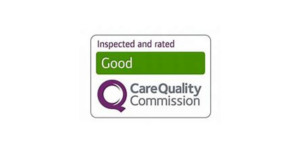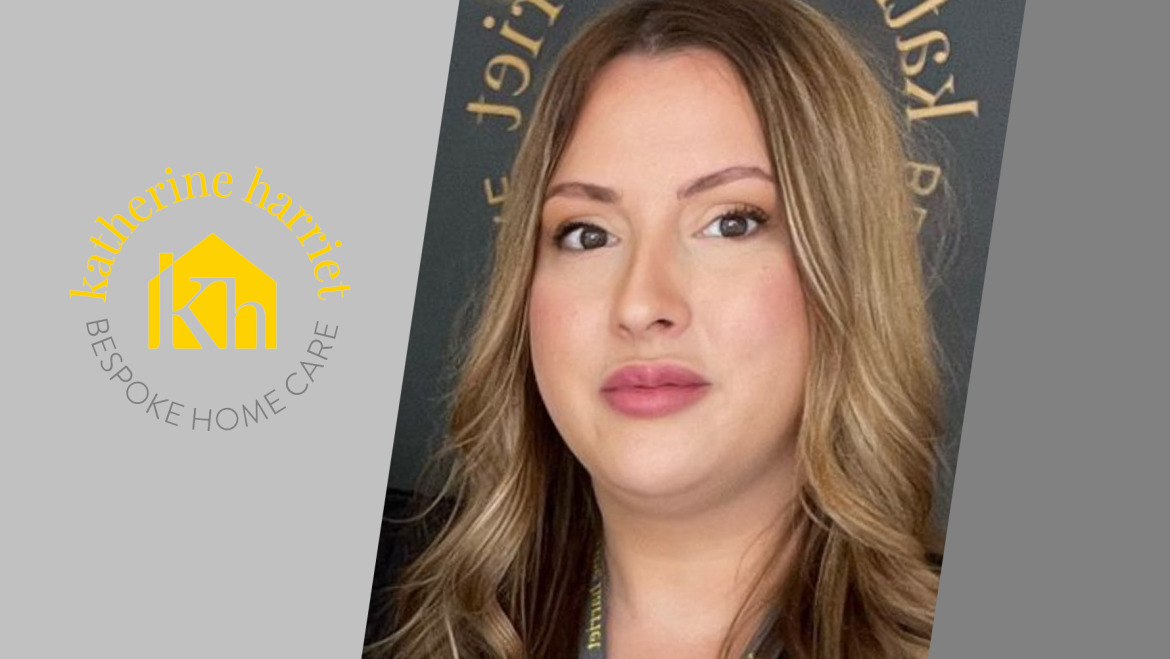Jessica Dunn, Office Manager at Katherine Harriet explores the importance of Risk Assessments in the care sector
Risk assessments are always spoken about in the care sector, and whilst we are trained to follow them, there is sometimes a thought on why they are needed, and why they are so important to what we do. Below we look at why they are important and what we look for.
Why are risk assessments so important?
Risk assessments are an important component to our bespoke plans, at Katherine Harriet, they help to keep clients, relatives, carers, and just about anyone involved in the individual’s daily routines, safe. It looks at how we can prevent accidents, harm and danger to those involved. They are in place to also enhance the quality of life, to ensure we can deliver a high quality service.
Risk assessments should be used to identify, predict and mitigate any potential hazards and risks that could incur during a call. Risks can impact physical harm, wellbeing, mental health, dignity and the overall safety. They are also part of law that we must have these in place.
Benefits of risk assessments
There are numerous benefits to having risk assessments in place, these include increased safety, which looks at keeping people safe and free from injury, there is increased personalisation, this will allow clients to be able to make identified risk choices and ensuring we can support them safely to do so and improved quality of care, this results in a tailor made service that ensures we are meeting their wishes, preferences and needs highlighted in their care and wellbeing support plan.
What happens if you do not have risk assessments in place?
There are many issues if you do not have the appropriate risk assessments in place, this can include;
– Increased risk – if you have not looked at mitigating risks, there is an increase in the risk of potentially harming others and yourself and there will be a higher amount of incidents / accidents
– Not compliant – Without risk assessments in place, our services will not be following legislation or be compliant
– Poor level of care – An increase in accidents / incidents can correlate to poorer quality of care compared to a service with thorough risk assessments in place
– Poor reputation – Individuals can become unhappy as there are an increase in accidents / incidents, this can lead to concerns, complaints, safeguarding and open to potential abuse
– Risk of poor rated service – Poor care can be picked up on by regulators, affecting our CQC rating
How we carry out risk assessments and what we look for
When an assessment is booked, our trained Care Team will visit with a pack to fill out with the client / relative / healthcare professionals / friends or anyone involved in the client’s care, his includes your plan or care, some mandatory risk assessments and any extra risk assessments that may fall under the individual’s package of care.
We will start assessing risks as early as the drive to the property, we look at hazards and risks from the access point, the home, lighting, environment, street lights, stairs, easily accessible or rural areas, flooring, furniture, smoke alarms, clutter, pets within the home, open fires in the home, and much more. This is always the start of our risk assessment findings.
We will ask lots of questions throughout the assessment, we will look at health conditions, moving and handling, medication, mental capacity, external activities, risk of falls, malnutrition, choking and many more.
Follow up
Once we are back from the assessment, the care team will complete a digital bespoke plan including the risk assessments. Following this we review the risk assessments on a periodic basis, of every 6 months. We do review this if the needs of a client changes, and there is a need for new risk assessments to be put in place. This usually happens when there has been a deterioration in health, a new diagnosis of illness or following an outcome of an incident / accident or quality assurance.
How to find out about our services, and arranging an assessment
If you feel that yourself or a loved one needs support within their own home, to keep them safe and independent for as long as possible, contact the office on the below methods of communication, or alternatively, you could pop into our office on 9 Broad Street, Hereford, HR4 9AP.
 Tel: (01432) 483083
Tel: (01432) 483083
Email: info@katherineharriet.care
Website: https://katherineharriet.care/jobs
Jessica Dunn
Office / Administration Manager


